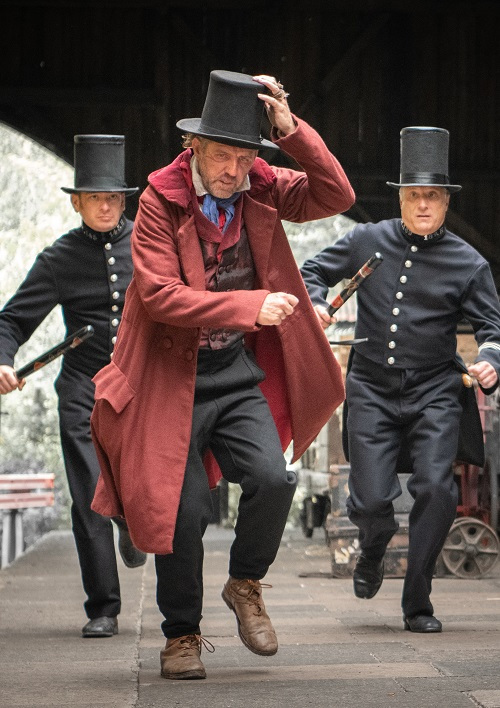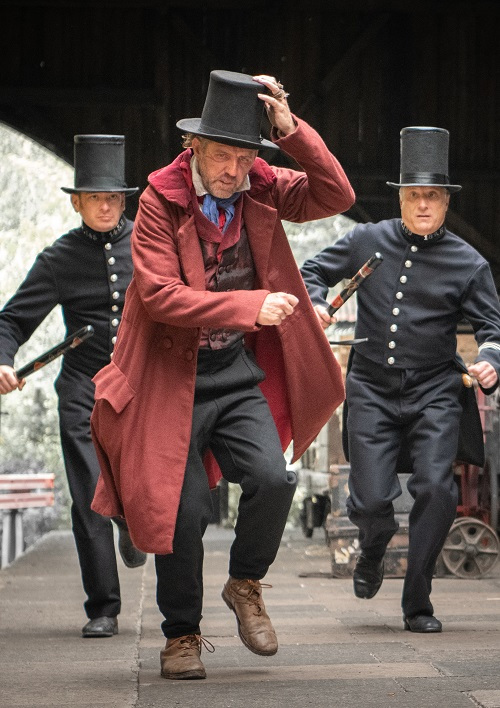Fintan Padraig “Shan” Shanley
Born in 1807 in the small townland of Corranure, County Cavan, Ireland, Fintan Padraig “Shan” Shanley, was raised a good Catholic boy by his parents, farmers who grew mostly flax to support the thriving linen industry of the province of Ulster. Life seemed assured for the young Fintan, with his family prospering in the flax processing business, when in 1825, the cottage linen industry suddenly collapsed. The family, having neglected food production in their desire to make money from linen, rapidly faced destitution and starvation, along with many others in the area.
Fintan’s future looked bleak indeed. His family, unable to pay their rent, were evicted from their land and he watched his young siblings succumb to hunger and disease, a fate that would have been his too, when providence provided him with an escape. Due to the ministrations of the local hedge school, Fintan had benefited from an education and the local pharmacist, noticing his talent for learning, offered the 18 year old lad an apprenticeship. He excelled at the profession so much so that by 1842, he was running the business for his now retired employer.





Or he may whisper a different story, when he thinks no one else is listening. He may tell you of the part he played in the Young Irelander Rebellion of 1848. Where better for a rebel to hide from the authorities than amongst the destitute and despised Irish immigrants, themselves barely surviving amongst the lower class of London?
But from there his story gets confusing. What has happened in the intervening 9 years and why has Shan (as he is now known) ended up living amongst the street folk of London, eking out a living as an illicit street doctor, peddling quack remedies and highly dubious cures? Or on occasion, engaging in the profitable but horrific business of extracting and buying teeth from those poor wretches desperate enough to have to avail of his services? He may tell you a story of eviction and hunger; of selling everything but the clothes on his back to make the trip to Liverpool and thence to London. But does this ring true for a man of learning, a pharmacist such as himself? Perhaps it would seem to echo an earlier memory, rather than the more tragic and horrific story of a desperate people fleeing the horrors of the Great Potato Famine